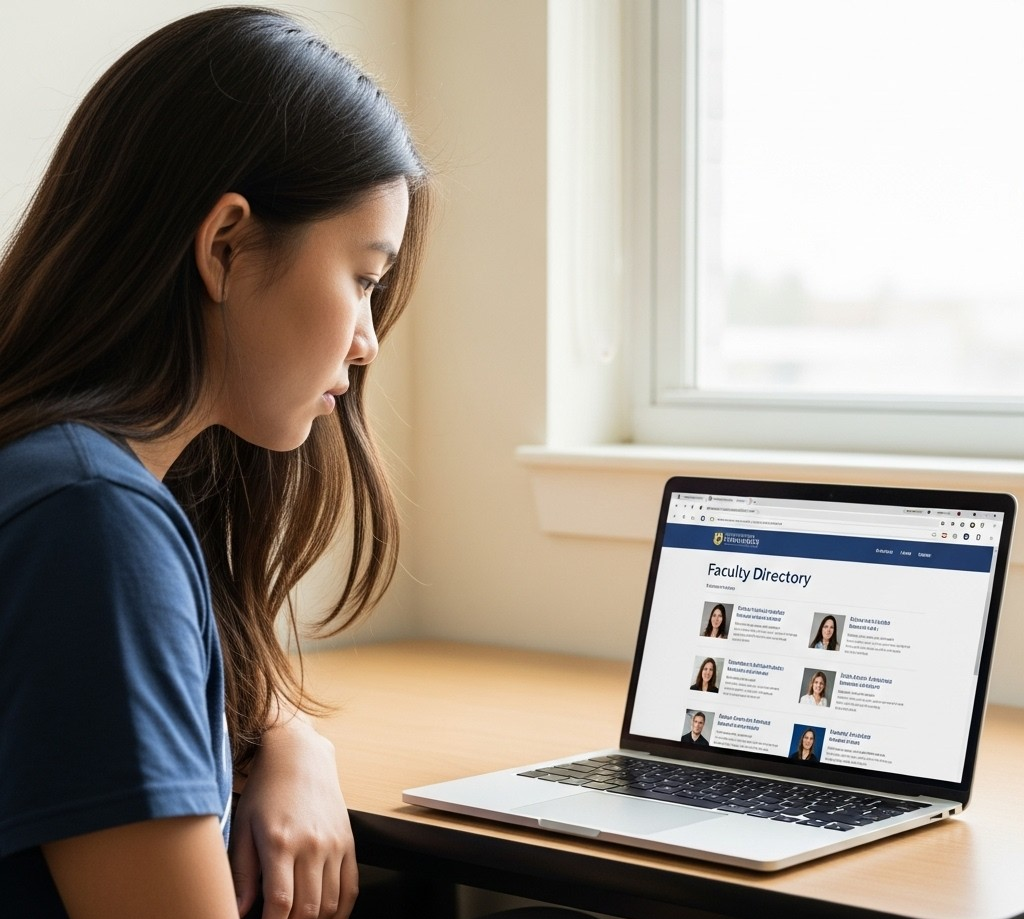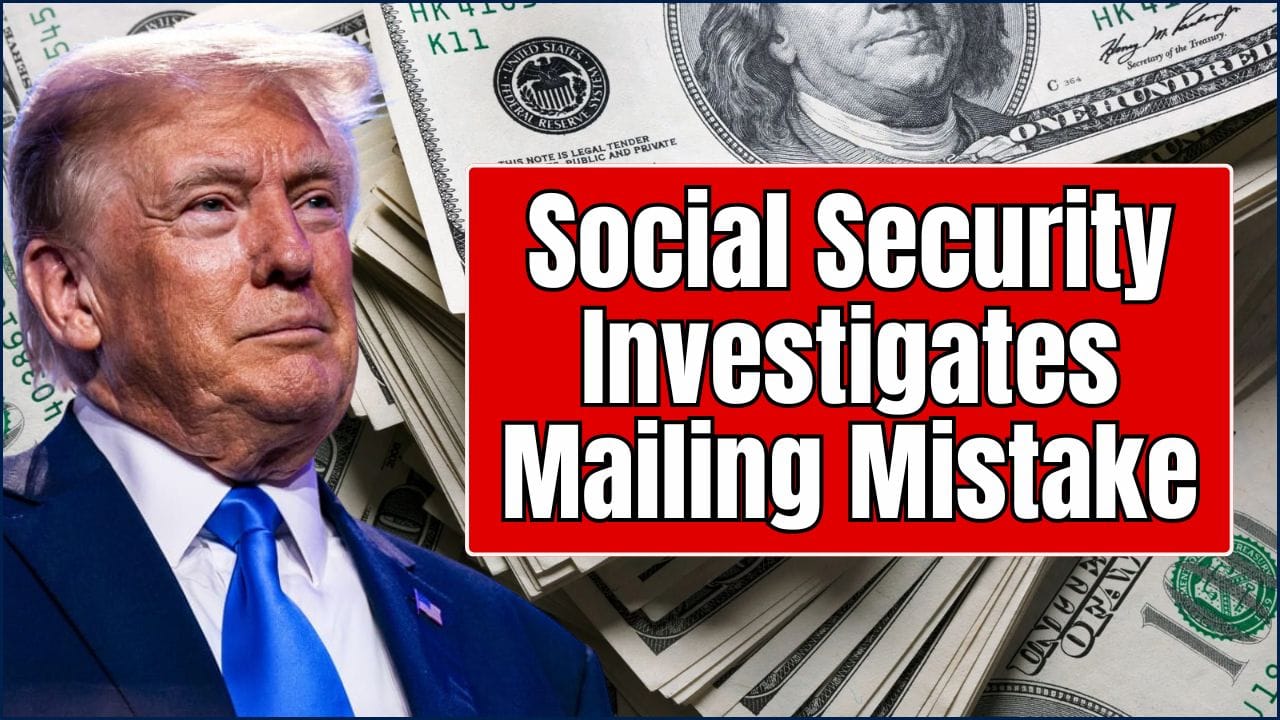Embarking on a journey to study abroad, especially with the prestigious China Scholarship Council (CSC) Scholarship, can be a life-changing experience. One of the most crucial steps in securing this opportunity for the September 2026 intake is obtaining an acceptance letter from a Chinese university professor. This letter isn’t just a formality; it’s a powerful testament to your academic potential and a significant boost to your scholarship application.

For many aspiring scholars, the thought of reaching out to a professor in a foreign country can feel daunting. But I’m here to tell you, as someone who has advised countless students through this process, it’s entirely achievable with the right strategy and a touch of perseverance. This comprehensive guide will equip you with the knowledge, tools, and confidence to navigate this essential part of your China Scholarship application journey.
Why an Acceptance Letter is Your Golden Ticket
While not always explicitly mandatory for all CSC Scholarship types, an acceptance letter from a Chinese professor significantly enhances your application’s strength. It demonstrates that a faculty member at your target university is interested in supervising your research or studies, signaling to the China Scholarship Council that you are a serious and desirable candidate. Think of it as a pre-endorsement, setting you apart from other applicants.
| Key Fact | Detail/Statistic |
| Impact on Application | Significantly increases chances for CSC Scholarship ScholarshipRoar.com |
| Ideal Start Time for Outreach | October of the preceding year (e.g., Oct 2025 for Sep 2026 intake) WEduShare.com |
| Necessity for MS vs. PhD | More crucial for PhD; MS can sometimes be obtained without |
The Art of Finding Your Perfect Professor
The first step in securing an acceptance letter is identifying the right professors to contact. This isn’t a shot-in-the-dark exercise; it requires careful research and a targeted approach.
1. Identify Your Target Universities
Begin by shortlisting Chinese universities that align with your academic goals and research interests. Consider:
- Your Field of Study: Which universities are renowned for your specific discipline?
- Rankings: While not the only factor, university rankings can give you a sense of prestige and research output.
- CSC Eligibility: Ensure the universities are among those accepting CSC Scholarship students. Many top universities in China participate in the CSC program.
2. Dive into Departmental Websites
Once you have a list of universities, delve deep into their departmental websites. Look for the faculty directory or “People” section within your chosen department. This is where you’ll find professor profiles.
3. Research Professor Profiles and Research Interests
This is where your detective work truly begins. For each potential professor:
- Review their Publications: Look at their recent research papers, journal articles, and conference presentations. Do their current projects resonate with your academic background and aspirations?
- Identify Overlapping Interests: This is critical. You want to find professors whose research directly aligns with your proposed study plan or research proposal. A genuine interest in their work will shine through in your email.
- Note their Specializations: Understand their specific areas of expertise. This will help you tailor your email to their interests.

4. Look for “Openings” (Implicit or Explicit)
While rarely explicitly stated as “positions available for CSC,” some professor profiles might mention ongoing projects or calls for graduate students. Even if not, a strong alignment of research interests is often enough. In my experience advising students, one common hurdle is students applying to professors whose research is entirely unrelated to their own; this rarely yields a positive response.
Crafting the Irresistible Email: Your Digital Handshake
Your initial email to a professor is your first impression. It needs to be concise, professional, and compelling. Remember, professors are busy individuals, so make every word count.
1. The Subject Line: Clear and Concise
Your subject line should immediately convey your purpose. Avoid vague greetings.
- Good examples:
- “Inquiry regarding PhD Supervision and CSC Scholarship – [Your Name] – [Your Field]”
- “Prospective Master’s Student for September 2026 Intake – [Your Name] – Research Interest in [Specific Topic]”
2. The Salutation: Formal and Respectful
Always use a formal salutation.
- “Dear Professor [Last Name],”
3. The Opening: Introduce Yourself and Your Purpose
Get straight to the point.
- Introduce yourself and your current academic status (e.g., “My name is [Your Name], and I am a [Your Degree Level] student from [Your University/Country].”).
- Clearly state your intention to apply for the CSC Scholarship for the September 2026 intake and your interest in studying under their supervision.
4. The Body: Highlight Your Alignment and Potential
This is the core of your email.
- Demonstrate Your Research: Mention specific research papers or projects of theirs that genuinely interest you. Connect their work to your own academic background and interests. For example, “I was particularly intrigued by your recent publication on [Specific Research Paper Title] where you explored [briefly mention key finding]. My own background in [Your Field] and my research on [Your Research Area] strongly align with this, and I believe my skills in [Relevant Skills, e.g., data analysis, experimental design] would be valuable to your ongoing work.”
- Briefly Outline Your Academic Accomplishments: Highlight your relevant GPA, academic awards, or significant research experiences.
- Propose Your Research Area (if applicable): If you have a specific research proposal for a Master’s or PhD, briefly mention its core idea and how it fits with their expertise.
- Mention CSC Scholarship: Reiterate that you plan to apply for the Chinese Government Scholarship (CSC) and that an acceptance letter would significantly strengthen your application.
5. The Closing: Call to Action and Professionalism
- Express Your Enthusiasm: Reiterate your strong interest in their research group and the university.
- Request an Acceptance Letter/Guidance: Politely ask if they would consider supervising you and if they could provide an acceptance letter. Offer to provide further documents (CV, transcripts, research proposal).
- Thank them: “Thank you for your time and consideration.”
- Formal Closing: “Sincerely,” or “Regards,” followed by your full name and contact information (email, phone number).
Essential Attachments
Always attach your:
- Curriculum Vitae (CV)/Resume: Detailed and up-to-date.
- Academic Transcripts: Unofficial ones are fine for initial contact.
- (Optional but Recommended) Research Proposal/Study Plan Draft: This is especially important for Master’s and PhD applicants.
Sample Email Structure
Subject: Inquiry for [Master's/PhD] Supervision and CSC Scholarship - [Your Name] - [Your Field]
Dear Professor [Professor's Last Name],
My name is [Your Name], and I am a [Your Current Degree Level] student from [Your University, Country], with a strong academic record in [Your Major/Field]. I am writing to express my profound interest in pursuing [Master's/PhD] studies in [Your Specific Field] at [University Name] for the September 2026 intake, under your esteemed supervision.
I have closely followed your research on [mention a specific research area or recent publication], and I was particularly drawn to your work on [specific aspect of their research]. My own academic background, particularly my [mention a relevant course, project, or thesis], has equipped me with [mention specific skills or knowledge] that I believe would be highly complementary to your research group's ongoing projects.
I am planning to apply for the highly competitive Chinese Government Scholarship (CSC) to fund my studies. An acceptance letter from a potential supervisor like yourself would be instrumental in strengthening my application and demonstrating my strong fit with [University Name] and your research.
I have attached my CV, academic transcripts, and a draft of my research proposal/study plan for your review. I am eager to learn more about your current research directions and how my academic pursuits could contribute meaningfully to your work.
Thank you for your valuable time and consideration. I look forward to hearing from you at your earliest convenience.
Sincerely,
[Your Full Name]
[Your Email Address]
[Your Phone Number (Optional)]
[Link to your LinkedIn/Academic Profile (Optional)]

The Follow-Up: Patience and Persistence
Professors receive many emails. Don’t be discouraged if you don’t receive an immediate response.
- Wait a Week: Give them at least a week to respond before sending a polite follow-up.
- Brief and Respectful: Your follow-up should be brief, simply re-stating your interest and reminding them of your previous email.
- Don’t Spam: One or two polite follow-ups are generally sufficient. Excessive emails can be counterproductive.
Required Documents for CSC Scholarship
Beyond the acceptance letter, a standard CSC Scholarship application package for 2026 will likely include:
- Copy of Passport Home Page (valid until at least March 2027)
- Notarized Highest Diploma and Academic Transcripts (with English/Chinese translations)
- Language Qualification Certificates (HSK, IELTS, or TOEFL)
- Study Plan or Research Proposal (usually 800+ words for postgraduate)
- Two Recommendation Letters from professors or associate professors
- Photocopy of Foreigner Physical Examination Form
- Non-Criminal Record Report
- Research Results/Publications (if any)
Securing an Acceptance Letter for the China Scholarship Council (CSC) in 2026
Ulster University Postgraduate Certificate 2026 in Higher Education Practice
FAQ
Q1: Is an acceptance letter absolutely mandatory for the CSC Scholarship?
A: While not always strictly mandatory for all types of CSC scholarships (especially some Type B applications), an acceptance letter significantly strengthens your application. For PhD and highly competitive Master’s programs, it is often seen as a crucial component. Some universities may even implicitly require it.
Q2: How long should I wait for a professor’s reply before sending a follow-up email?
A: It’s generally advisable to wait about 5-7 business days before sending a polite follow-up email. Professors are often busy with teaching, research, and administrative duties.
Q3: What if a professor doesn’t respond or declines my request?
A: Don’t be disheartened! It’s a common part of the process. Simply move on to other potential professors on your list. Rejection doesn’t mean you’re not qualified; it simply means that particular professor might not have the capacity or a suitable project at that time.
Q4: Can I email multiple professors at the same university or different universities simultaneously?
A: Yes, it is common practice to email multiple professors, even within the same university or across different universities. This increases your chances of receiving a positive response. Just be sure to personalize each email to the specific professor and their research..










